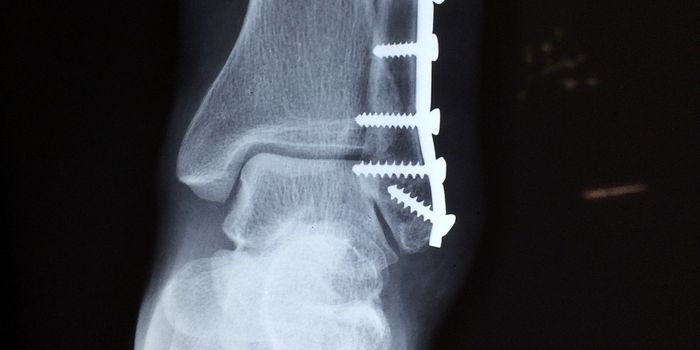Parkinson's Drug May Reduce Brain Inflammation from Depression
Levodopa, a drug used to increase dopamine levels in people with Parkinson’s disease, may reverse the effects of neural inflammation among people with depression. The corresponding study was published in Nature.
Studies show that many patients with major depressive disorder have increased levels of neural inflammation, which is linked to depressive symptoms, including reduced motivation and anhedonia. Meanwhile, preclinical and clinical evidence suggests that this inflammation may be due to reduced dopamine release.
In the present study, researchers sought to investigate the effects of levodopa in patients with depression and high levels of C-reactive protein (CRP), a blood biomarker for depression. To do so, they recruited 40 patients with depression and a range of CRP levels. Patients underwent fMRI scans on two separate occasions after receiving either a placebo or levodopa. They also assessed patients’ depression using a 17-item self-report questionnaire.
In the end, the researchers found that levodopa was able to reverse the effects of inflammation on the brain’s functional connectivity in reward circuitry and anhedonia among patients with higher- but not lower- CRP levels. The drug also reduced symptoms of anhedonia among those with higher CRP levels.
The researchers noted that their findings indicate patients with depression and high levels of inflammation may respond to drugs that increase dopamine. They added that their findings suggest that functional connectivity in reward circuitry may be a reliable biomarker for the effects of inflammation on the brain.
“This research demonstrates the translational potential for use of inflammation-related deficits in functional connectivity and could have important implications for the future investigations of precision therapies for psychiatric patients with high inflammation,” says principal investigator and senior author Jennifer C. Felger, Ph.D., associate professor of psychiatry and behavioral sciences, Emory School of Medicine.
“Moreover, as the effect of levodopa was specific to depressed patients with higher inflammation, this functional connectivity may be used to assess the responsiveness of the brain to novel treatments that might be targeted to this subtype of depressed patients in future studies and clinical trials,” she added.
Sources: Neuroscience News, Nature









